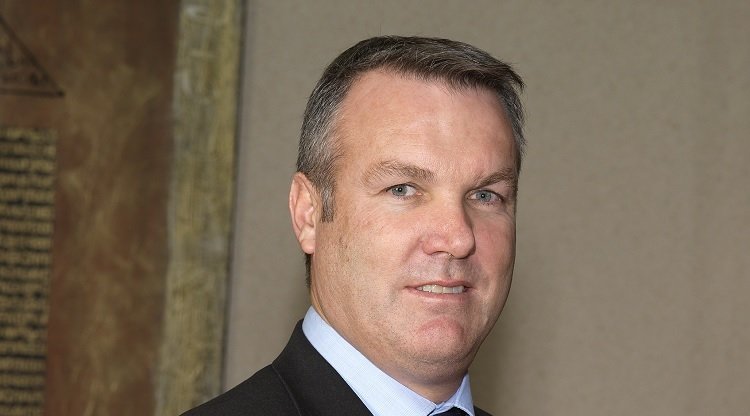Charl Snyman, Vice President and Managing Director, Eastern Europe, Middle East & Turkey, Africa, HP Inc. highlights that coming Sunday, on International Day of Education 2021 they will be reflecting on an extraordinarily challenging past year for the education sector
We’ve all heard the African proverb that ‘it takes a village to raise a child’ and in the current climate, never has a truer word been spoken. Working for a leading technology company, I strongly believe that private sector businesses like ours – together with government, educators and civil society – have a crucial role to play in ensuring all students can access a good education, no matter their circumstances. As well as aligning with HP’s goal of enabling better learning outcomes for 100 million people by 2025, it is something I am personally committed to driving across the Middle East and Africa this year.
This Sunday, on International Day of Education 2021, we will be reflecting on an extraordinarily challenging past year for the education sector. The COVID-19 pandemic caused large-scale disruption to learning institutions around the world, amplifying educational inequalities and putting low-income students at an even greater disadvantage. In Africa, for example, the crisis left 250 million children in primary and secondary education out of school, with Kenya declaring its 2020 school year completely lost.
We must also, though, pay tribute to the adaptability of teachers, with many countries shifting quickly and impressively to a model of online learning and remote study. Yet, the implications of this pivot have been devastating for those in poorer communities where many learners do not have access to a fast, reliable internet connection. Meanwhile, for others the cost of devices is prohibitively high and tech skills across the board remain severely lacking.
Fixing these inequalities – not just for school-age children but for those in tertiary education, university and adult learning too – is essential if we are to ensure employment for future generations, adequately train people for the jobs of tomorrow, many of which will be IT-based, and support future leaders in building robust economies across the Middle East and Africa.
- Giving teachers and students the support they need
The shift towards hybrid and home learning means that technology and digital tools are now a must-have, connecting teachers with their students and students with classmates and other learners across the world. To ensure all groups have the resources they need, support is required in three critical areas: - Devices and infrastructure
Thirty-one per cent of the global population does not have 3G coverage, while in sub-Saharan Africa, almost two-thirds do not have regular electricity. Broad internet coverage and reliable mobile networks are among the basic, pressing needs that must be met before curricula can be successfully digitised. - Tools
There continues to be a shortage of digital skills and information in the region. It is vital that educational institutions are supported in building the knowledge, capabilities and governance procedures necessary to adopt a more digital-first approach.
Now and for the future
The COVID-19 pandemic has accelerated the education sector’s digital transition, bringing into focus some glaring shortcomings while highlighting clear opportunities to improve the learning experiences of students and teachers alike. What has not changed is that young people across the Middle East and Africa are full of entrepreneurial spirit and eagerness to learn.
As an industry, we must therefore play our part in removing the technological, logistical and infrastructure barriers that often stand in their way. We must work together to help reach and engage them – wherever, whenever and however they learn. And we must provide them with the digital resources and skills they need to reach their potential.
Building a brighter future for education is a team game. And winning is the only option.











